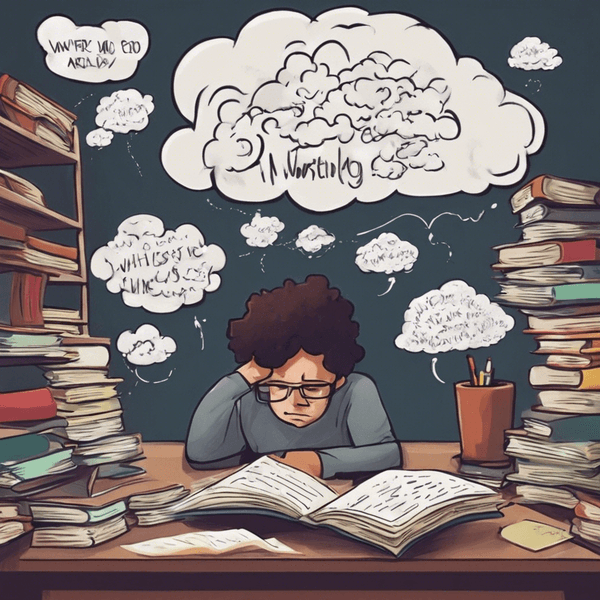Making a blockbuster film about a mass killing should not be acceptable. There is no other way of putting it. To say the least, it dehumanizes what it's like to witness a real terrorist attack—to actually watch people die in front of you and to feel the truest fear known to man. When you watch this onscreen however, you look around to see some audience members tearing up, maybe with a hand over their mouths, but most with straight faces. No expression, because they are used to watching people die on the big screen. Most people will cry over watching a dog die in a film than they will a person.
The new movie “Patriot’s Day” is a painful depiction of the terrorist attack at the Boston Marathon on April 15th, 2013, and then the manhunt for the perpetrators that occurred after. The film however, is made as to be a mainstream action that is also star-studded attractive. It is dramatic, aiming to create suspense and to take you on that absorbing journey that all action movies take you on. You get to watch beefy Mark Wahlberg playing the trope of masculine hero who kills the bad guy and save the day. Except this time, real and innocent civilians have died because of a real explosion not prepared by a props department, but by two real men.
This film is not the first to romanticize real-life events that aim to pay respects to the just as real civilian heroes. “Zero Dark Thirty” is an account of the 2011 killing of Osama bin Laden, “13 Hours” tells the story of the 2012 siege of the U.S. embassy in Benghazi, “World Trade Center” pays homage to 9/11 first responders. Peter Berg, the director of “Patriot’s Day” just made the film “Deepwater Horizon”, about the 2010 BP oil rig disaster. Films about mass shootings are also starting to be advertised. Where is the line drawn?
There is no doubt that these films are speaking about American identity At times jingoistic, these films are representing how the country sees itself. The issue is that moments are very resonant, and these stories must be carefully created in a way that is not exploitative.
The one issue that is particularly bothering with “Patriot’s Day” is that the film promotes Islamophobia to a great deal. It is classic cinematic fearmongering that is hidden under a veil of tragedy and patriotism. The film is depicting yet another reiteration that people who look Muslim are the enemy. If there was a film made about the Charleston church shooting, the response would be that a movie about a white terrorist does not reflect all white people. Muslim Americans have been trying to make this point for decades. Films and television shows are continuously being made with Muslims as the terrorists, where the message being sent is that this is the face of terrorism.
I honor those who lost their lives and those who protected us on the day of the Boston massacre, but I do not honor a film being made about the terror. Watching “Patriot’s Day” or any other film that recreates horrific events is stepping into a realm I do not think we should. These are still fresh wounds for the country, and obviously for the lives of those whom are affected. A documentary-style approach to material like this would be more respectful and less exploitative. Films are made for audiences to connect to, but making tragedies into big-screen blockbusters is an issue that Hollywood is taking on in a sensitive climate.
















